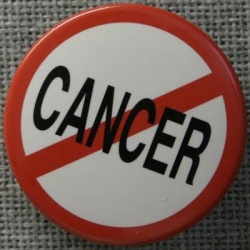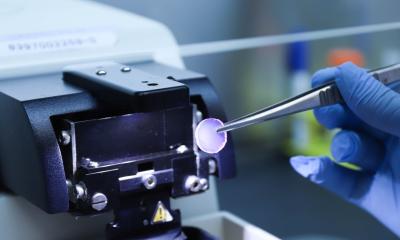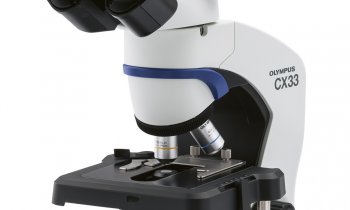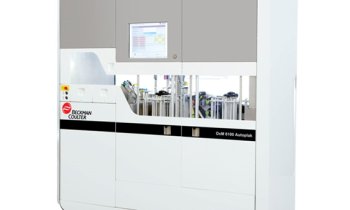Knowing the Enemy
Modern wars will be fought in the cyber zone, targeting an enemy's communications technology to cause critical damage; a Tel Aviv University researcher suggests to employ similar tactics in the battle against cancer.

In an article published in Trends in Microbiology, Prof. Eshel Ben-Jacob of TAU's School of Physics and Astronomy and Prof. Herbert Levine of Rice University, long-time bacteria researchers, and Prof. Donald Coffey of Johns Hopkins University, a renowned cancer researcher, examine the shared traits of cancer cells and bacteria. Like bacteria, cancer cells rely on communication and "social networking" to become powerful entities within the body. Inspired by the social and survival tactics of bacteria, the team presents a new picture of cancer as a meta-community of smart communicating cells possessing special traits for cooperative behavior.
Avoiding the Immune System
The parallels that can be drawn between bacteria and cancer cells are astounding. While healthy cells are highly disciplined, responding to chemical and physical cues telling them how to behave, bacteria and cancer cells override this control by using different chemical and genetic pathways. They proliferate quickly to make rapid genetic changes, avoiding the body's immune system and developing drug resistance.
Using intricate communication, cancer cells can distribute tasks, share resources, differentiate, and make decisions. Before sending cells to colonize organs and tissues throughout the body (metastasis), "spying cells" explore the body and return the cancer's origin. Only then do metastatic cells leave the primary tumor and navigate to new posts.
Also like bacteria, cancer cells change their own environment. They induce genetic changes and enslave surrounding normal cells, forcing them to do the disease's bidding - providing physical support, protecting them from the immune system, and more. Cancer cells can also become dormant when they sense danger, such as chemotherapy chemicals, then reactivate at will.
A new therapeutic direction
Prof. Ben-Jacob suggests that studying the social behavior of cancer cells can inspire new research directions and pave the way for the development of novel therapeutic approaches - for example, a new class of drugs to target cell-to-cell communication or send misleading messages.
With the ability to become immune to chemotherapy and lay dormant until it determines the time is right to reawaken, cancer often relapses undetected until it's too late to treat, says Prof. Levine. Breaking the communication code for awakening dormant cells could help researchers learn how to reactivate them on purpose - and be ready to kill them as soon as they "awaken."
The team also suggests further research into cancer "cannibalism," when cancer cells may consume their peers when they run out of resources. The idea is to send signals which trigger cancer cells to kill each other, which can be done with bacteria.
Other researchers have demonstrated that injected bacteria can "outsmart cancer." Bacteria can be used to induce gap junctions between the cancer cells and immune cells, "teaching" the immune system to recognize and kill the tumor cells.
22.08.2012











